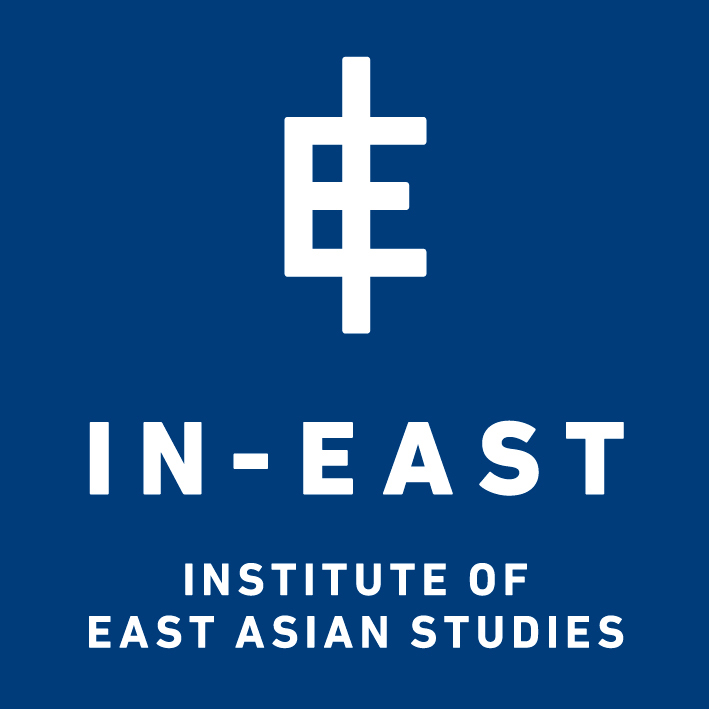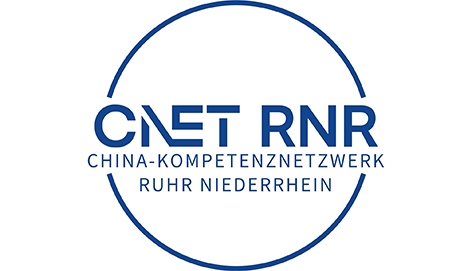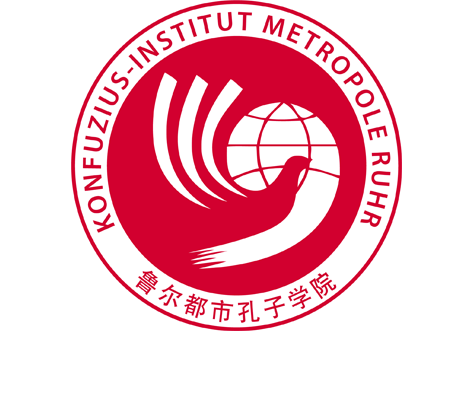Country Report on Japan
First author: Prof. Werner Pascha (IN-EAST)

Co-authors:
Patrick Köllner (GIGA Institute of Asian Studies, Hamburg),
Aurel Croissant (Heidelberg University) as regional coordinator
A project of the Bertelsmann Foundation

“Sustainable Governance Indicators” or SGI is a long-term project of the Bertelsmann Foundation that tries to identify good governance practices throughout the OECD countries. Given pressing global challenges like environmental sustainability, problems of economic power, social inequalities, and ageing societies, SGI reports on the individual OECD countries and uses evidence-based analysis to look into major policy fields, the situation of democratic and rule-based structures, and the characteristics of governance in the respective countries.
For more than ten years, since the 2009 report, Prof. Werner Pascha of IN-EAST is the principal first author of the report on Japan. In the early phase cooperating with Profs. Fukawa Tetsuo of Japan’s National Institute of Population and Social Security Research and Manfred Pohl of the University of Hamburg, the team soon shifted to involve Prof. Patrick Köllner of the GIGA Institute of Asian Studies in Hamburg, who is also a member of IN-EAST’s Board of Trustees, as second author and reviewer, and Prof. Aurel Croissant of Heidelberg University as regional coordinator. The SGI team at the Bertelsmann Foundation is led by Dr. Christof Schiller.
The most recent SGI 2020 report for Japan can be found here: https://www.sgi-network.org/docs/2020/country/SGI2020_Japan.pdf
Methodological Approach
The SGI reports follow a fairly sophisticated methodology. About 150 indicators are collected under three headings, namely Policy Performance, Quality of Democracy, and Governance. Policy Performance basically looks at economic, social and environmental outputs. Quality of Democracy seeks to evaluate how robust democratic and rule-oriented practices and institutions are. Governance scrutinizes the executive capacity and accountability, thus covering the legislature as well, but also media and civil society. For each indicator, there is a short article on the respective topic and particularly on recent changes, plus a quantitative index value between 1 and 10. On the one hand, the reader can thus get a fairly detailed, but also wide-ranging overview of developments in the recent past. For that purpose, there is also an Executive Summary and an updated essay on Key Challenges available in each report. On the other hand, particularly the quantitative indices can be used to trace developments along the time line, currently between 2009 and 2020, or across countries. The webpage of the project (https://www.sgi-network.org/2020/) offers some helpful tools to start such an analysis.
Background
The approach of the SGI is actually informed by an earlier project of the Bertelsmann Foundation that also still exists, the Bertelsmann Transformation Index (BTI, https://www.bti-project.org/en/home.html?&d=D&cb=00000). An important mastermind of that project is Prof. em. Franz Nuscheler of the University of Duisburg-Essen, one of the “fathers” of IN-EAST. The BTI analyzes transformation processes toward democracy and a market economy among somewhat less affluent countries, although there is some overlap in the coverage of SGI and BTI.
Of course, for evidence-based methodologies like SGI and BTI, there are always strengths and weaknesses, which need to be carefully considered. One question that is particularly important when dealing with East Asian countries like Japan is whether the usual understanding of “governance” as shaped by western experiences is fully adequate to cover the realities of East Asia. While a focus on the executive as defined by the cabinet, the ministries, etc. and on the legislature, characterized by possibly separate chambers, committees, etc. may be fine for a “western” country, the politics of Japan has been shaped quite decisively also by the policy-making circles of the Liberal Democratic Party, a dominant force in post-war Japan. It is difficult for a relatively rigid framework like SGI’s indicator concept to cover such country-based specificities in a satisfactory way. The SGI evolves over time, for instance in recent years strengthening questions on populist tendencies or on how countries contribute to global challenges.
SGI Report 2021
The 2021 versions of the SGI reports put particular emphasis on how the various countries are handling the COVID-19 crisis.
Publications
Japan Report – Sustainable Governance Indicators 2021
Japan Report – Sustainable Governance Indicators 2020
Japan Report – Sustainable Governance Indicators 2019
Japan Report – Sustainable Governance Indicators 2018
Japan Report – Sustainable Governance Indicators 2017
Japan Report – Sustainable Governance Indicators 2016
Japan Report – Sustainable Governance Indicators 2015
Japan Report – Sustainable Governance Indicators 2014
Japan Report – Sustainable Governance Indicators 2011
Japan Report – Sustainable Governance Indicators 2009











